
This case study documents Seychelles’ development of its deposit-refund schemes, highlighting the process, challenges, and lessons for other island nations and beyond.

This guide provides cities with practical tools, insights and case studies to use procurement as a catalyst for the circular economy.
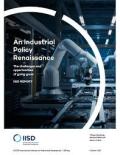
This publication explores the renewed rise of industrial policy, centred on green strategies that pair economic competitiveness with low-carbon, resource-efficient growth.

This report calls for a major scale-up in adaptation finance for SIDS, outlines persistent challenges and identifies priority actions for the global finance community.
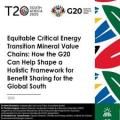
This brief proposes a holistic framework that embeds economic, social and environmental benefits across the full value chain, from extraction through recycling.
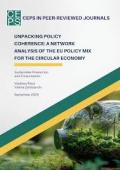
This paper fills that gap by evaluating the coherence of EU circular economy policies as experienced by business actors in the electronics and ICT, batteries, automotive, and critical raw materials sectors.

This second edition updates IRENA’s 2019 assessment of women’s roles in the sector, drawing on a global survey to highlight participation trends, barriers and the measures needed to enable women’s full inclusion.

This report identifies opportunities for African countries to move up the value chain in the expanding global market for energy technologies.
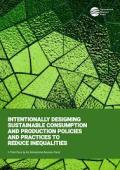
This report outlines actions to transform resource use, rebalance trade, strengthen governance, expand fiscal space for well-being, and enable societal and technological shifts.
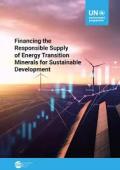
This report identifies the key issues to ensure the low-carbon transition is supplied with minerals responsibly and on time.
